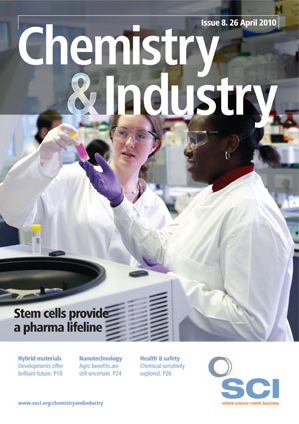The US is set to shake up the way it regulates chemicals with the introduction of an act to overhaul the ‘antiquated’ Toxic Substances Control Act (TSCA). The Safe Chemicals Act of 2010 has been introduced by the Democrat Senator Frank Lautenberg, who chairs the Senate subcommittee on superfund, toxics and environmental health. Lautenberg has been behind two previous failed attempts to revise TSCA, but this time success is far more likely with both environmental groups and industry on board.
TSCA, which was introduced in 1976, is administered by the Environmental Protection Agency (EPA) and has famously failed to control chemicals due to the onerous burdens placed on the Agency. The EPA has only been able to order tests on 200 chemicals and has regulated only five in the Act’s entire history (C&I 2009, 24, 5).
‘America’s system for regulating industrial chemicals is broken,’ Lautenberg said. ‘[The] EPA does not have the tools to act on dangerous chemicals and the chemical industry has asked for stronger laws so that their customers are assured their products are safe.’
The bill aims to shift some of the burden of chemical safety onto chemical manufacturers, in the same manner as the EU’s REACH legislation. Each chemical producer will have to provide a minimum data set for each chemical they produce to allow the EPA to assess its safety. The burden of showing that a chemical is safe will now rest with manufacturers and the EPA can also prioritise chemicals for review on the basis of likely harm.
Safer Chemicals, Healthy Families, an umbrella organisation of more than 200 public health and environmental groups, announced its support for the Act, while calling for further improvements. It claims that 100s of new chemicals could still enter the market without being shown to be safe and that the EPA still lacks the authority to immediately restrict dangerous chemicals.
American Chemistry Council ceo Cal Dooley said he was encouraged that the Act includes some points that the ACC flagged up, such as prioritising certain chemical evaluations and a risk-based approach to safety. However, he was concerned that the Act ‘could hamper innovation in new products, processes and technologies’.





